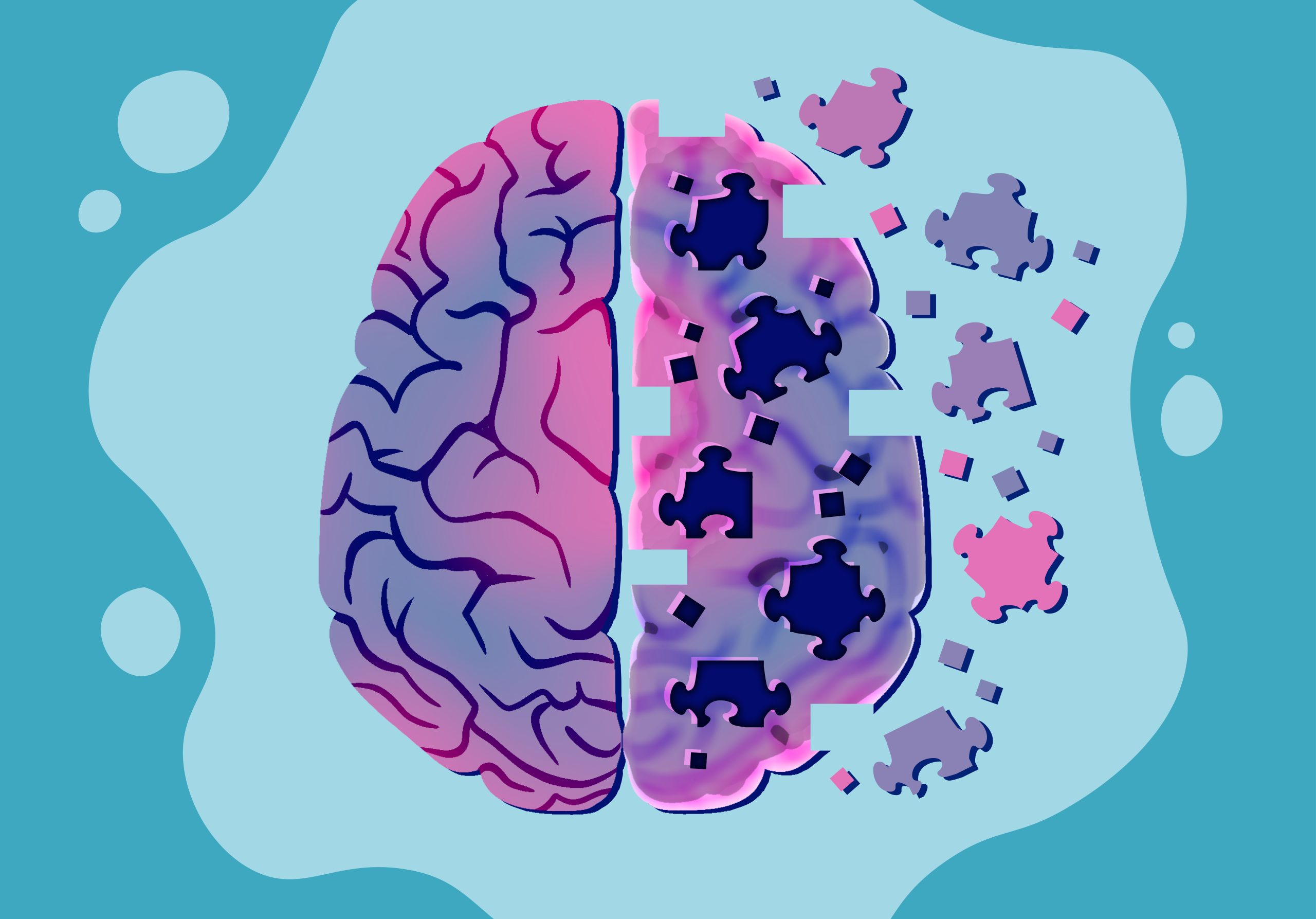When scientist Horst Stormer and his colleagues saw the surprising results of an experiment in the early 1980s, they “all had a good laugh about it.”
After all, their results indicated the electron – the fundamental unit of electric charge – had been divided up into pieces, surely a ridiculous idea.
But his research would produce more than just laughter. On Thursday afternoon at the Tate Lab of Physics, Stormer described the experiment that would yield crucial insight into the structure of matter and earn him the 1998 Nobel Prize in physics.
Stormer, the 2002 Van Vleck Lecturer, assured his audience electrons cannot be physically split. However, he said, they do display new properties when acting collectively.
Describing his research at Bell Laboratories, Stormer said he and colleague Daniel Tsui placed an electric current in an unusual condition. They lowered the temperature to near absolute zero, where matter stops moving. Then they applied a magnetic field a million times stronger than that of the Earth. Lastly, they constrained the electrons to a flat surface.
Stormer said he and Tsui were not expecting anything unusual, but something remarkable occurred.
Stormer said he asked himself if he might have broken apart an electron. They hadn’t, but what
happened added a new twist to a phenomenon scientists thought they understood.
Physicists know an electric
current will be pushed sideways by a magnetic field. So a steady increase of a magnetic field should result in a continuous deposit of negative charge on one side of the material. For 100 years, this “Hall effect” was believed to be universal. Or so it seemed until 1980.
Stormer described to his audience the discovery of the quantum Hall effect, an event that would overthrow the previous paradigm and set the stage for the discovery of the fractional quantum Hall effect.
Physicists noticed that a magnetic field was causing electrons to be pushed off to the side, as they expected, but to their surprise, this effect was occurring incrementally, Stormer said.
The researchers thought they had solved this mystery by imagining that the magnetic field was affecting one electron at a time.
But in Stormer’s and Tsui’s experiment, it was not a whole electron at a time, but a fraction of an electron.
This result was so unexpected that Stormer and Tsui laughed. Then a new physicist entered the scene.
At this point in the lecture, Stormer displayed a picture of Robert Laughlin with an apple looming over his head.
Put simply, Laughlin’s theory suggests electrons act like marbles rolling around an egg carton, where each marble is most likely to be found at the bottom of a basin. Only one electron at a time can occupy a basin.
If any new electron leaves, the remaining positive charge is distributed into three basins so that it appears that each one is carrying a particle with one-third the original charge.
This “sharing” of charge between three separate places is the basis of the fractional quantum Hall effect, the discovery that resulted in a Nobel Prize for Stormer, Daniel Tsui and Robert Laughlin.
During the reception before his lecture, Stormer identified himself as an experimentalist who loves to tinker, not a theorist. Theoretical physicists like Laughlin believe that the idea of electrons behaving collectively has far-reaching consequences for the underlying structure of the universe.
In his autobiography, Stormer recalls a childhood of building toy trains, telephones and a homemade rocket that unexpectedly exploded, taking with it half of Stormer’s right thumb.
Fortunately for Stormer, his future would hold much more pleasant surprises. A physics student asked him if the discovery of the fractional quantum Hall effect was an accident.
“If you asked me if there was anything that was planned in my research,” Stormer said, “I would say no.”










